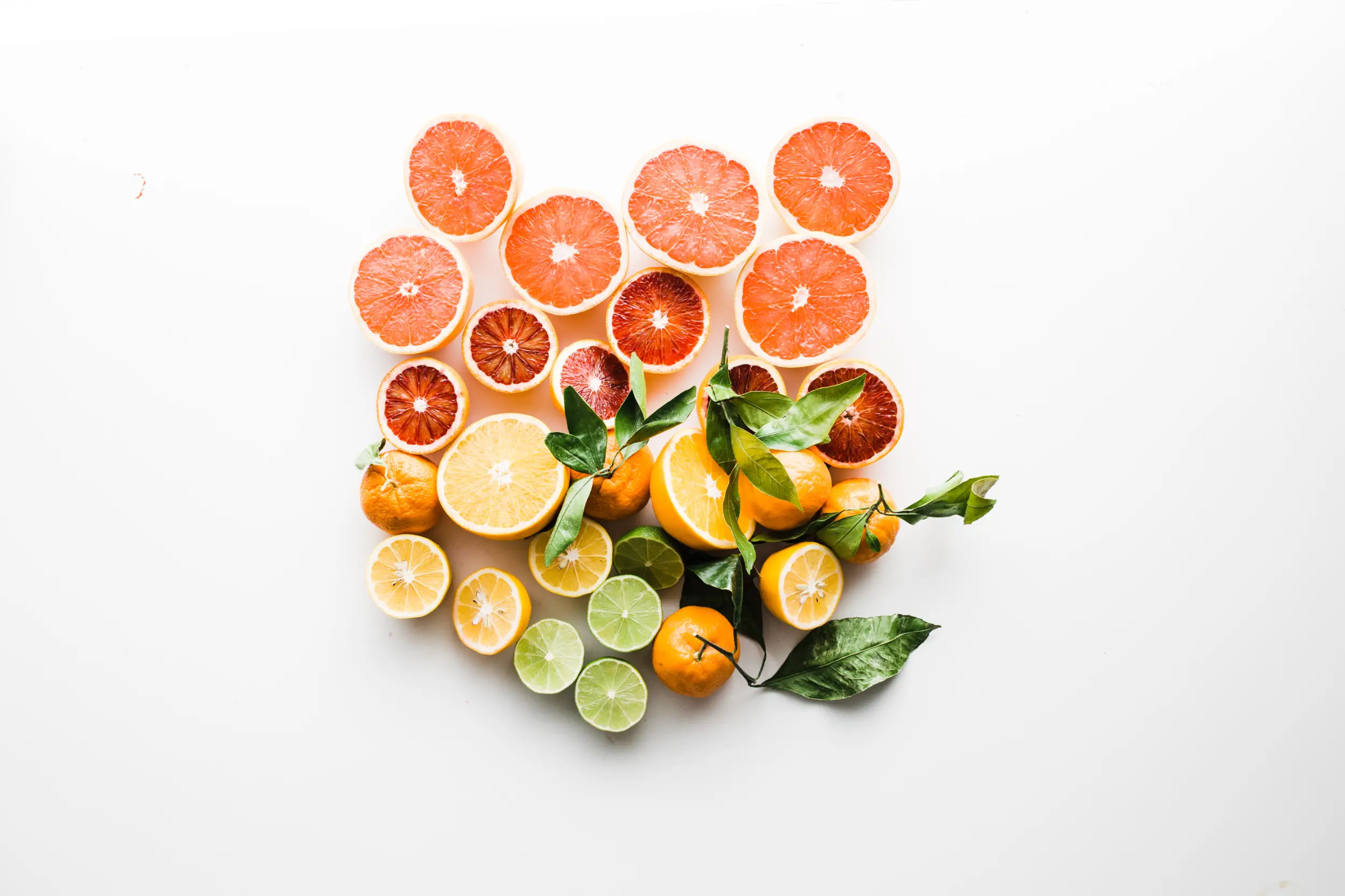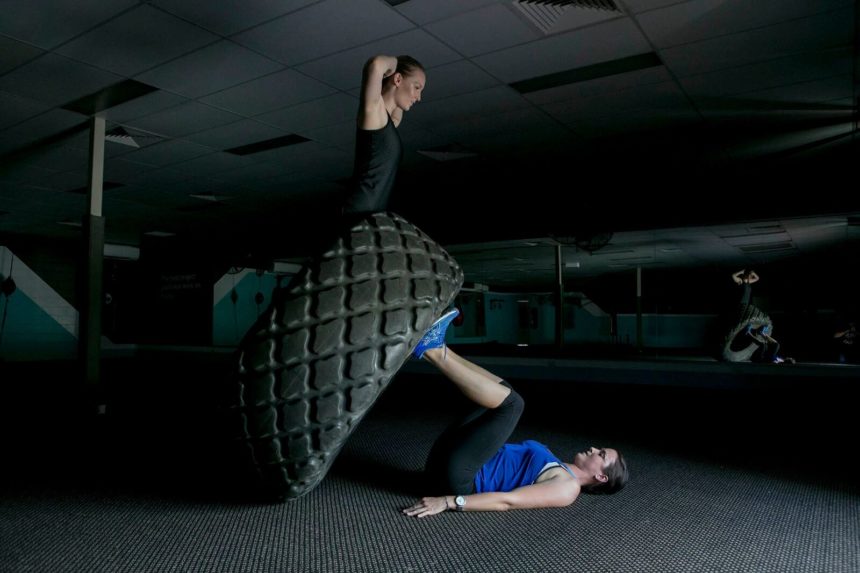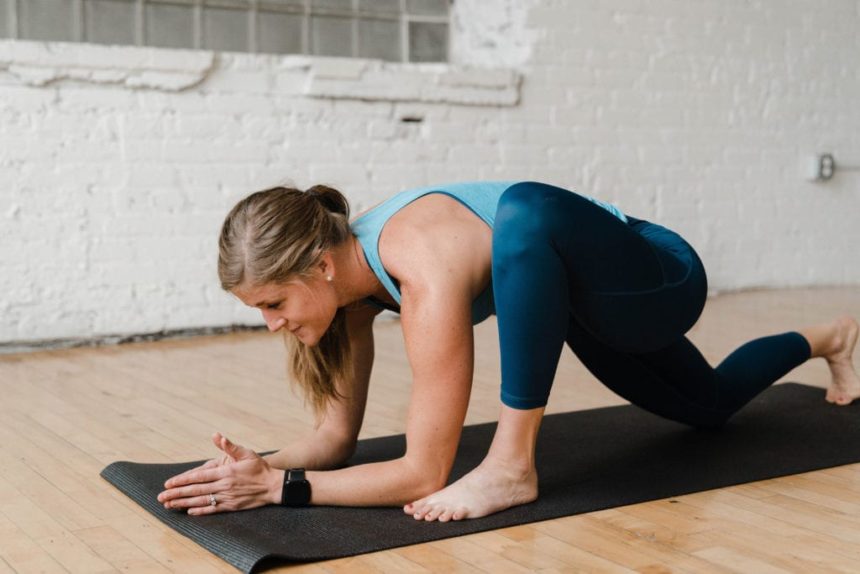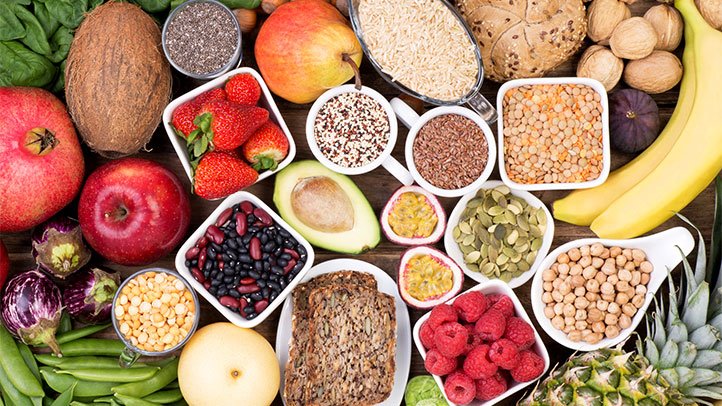We spend hundreds of dollars a year in the pursuit of healthy, youthful skin. Cleaners, toners, moisturisers etc. the list goes on. But what if what you put into your body was equally if not more important than what you applied topically? The age old saying “you are what you eat” could not be more accurate when it comes to looking after your skin. If you are consuming a mostly processed diet, high in artificial sugars and fats, then naturally your skin (being the largest organ in your body) will wear the results. Eating a balanced and nutritious diet is, therefore, the first step in obtaining that glowing complexion.
Here are a few best foods for skin to help boost your natural glow:
(1) Vitamin A rich foods help to hydrate the skin whilst reducing oil production. This is achieved by boosting the deposition of collagen and elastin, which in turn reduces the appearance of wrinkles and fine lines. The “beta-carotene” in Vitamin A also acts as a natural sunblock to prevent further sun damage.
Foods to Eat: Carrots, Sweet Potato, Pumpkin, Capsicum, Spinach/Kale, Mangoes, Paprika, Liver.
(2) Vitamin E/ Selenium helps to reduce age spots, scarring/stretch marks and age spots caused by sun exposure. Eaten in conjunction with the trace element “selenium”, Vitamin E has high antioxidant properties that fight the free radicals caused by oxidation of the skin. This is why both Vitamin E and selenium are popular ingredients in many skin care products.
Note: The body better absorbs selenium when eaten in conjunction with “fatty acid” foods such as avocados and oily fish. The omega-3 & omega-6 are essential fatty acids that cannot be made by the body alone. These fatty acids act as a natural moisturiser and help improve the skin’s elasticity keeping it supple and youthful. These fats are also high in Vitamin E.
Foods to Eat: Brazil Nuts/Nuts, Chia Seeds, Oily Fish (Salmon), Garlic, Tomatoes, Broccoli, Avocadoes, Spinach/Leafy greens, Whole grain cereals.
(3) Vitamin C is the holy grail of vitamins when it comes to all things skin and beauty related. The vitamin has countless skin promoting properties and can help heal blemishes, improve complexion and increase collagen development. It is also a super antioxidant and helps to support the immune system and give you that radiant glowing skin. Vitamin C is often used in facial scrubs and moisturisers as it helps brighten the skin and minimise sun damage and age spots.
Foods to Eat: Kiwi fruits, Oranges/Citrus, Sweet Potatoes, Blueberries, Broccoli.
(4) Zinc is an important mineral for improving the skin’s elasticity and repairing damaged skin to ensure a soft and supple complexion. The mineral helps synthesise proteins on the skin, which prevent against subcutaneous damage. In addition, zinc is a great natural UV radiation shield to combat against further sun damage.
Foods to Eat: Fish, Wholegrains, Poultry, (lean) Red meat, Nuts/Seeds
(5) Copper is another mineral that helps enhance the skin’s elastin, which helps minimise sun damage, fine lines and wrinkles. The mineral acts to strengthen the fibres that make up the skin’s structure thereby keeping your skin firmer and softer.
Foods to Eat: Seafood, Kale, Mushrooms, Avocadoes, Seeds/Nut, Fermented Soy Foods.
So what is the take-home message? If you want to maintain that clear complexion then start by improving your diet. Try eating a varied and nutritious diet including plenty of colourful vegetables and whole grains. Add some lean protein and “fatty acids” for growth and enzyme synthesis/repair. Most importantly remember HYDRATION, HYDRATION, HYDRATION. Our bodies are made up of 60% water and therefore require constant hydration to keep our organs functioning effectively.




